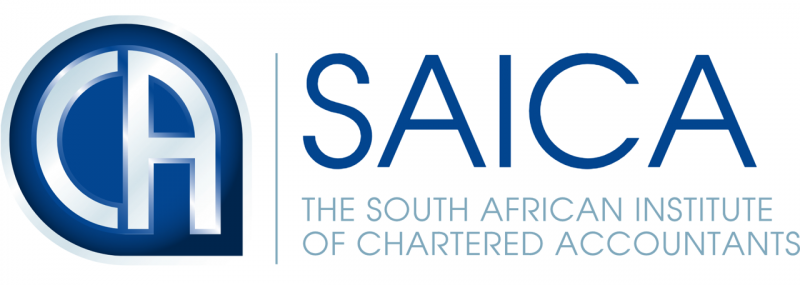CATEGORIES
- (3) Negotiating Tax Debt and Payment Arrangements with SARS
- (2)Account / Profile
- (549)Accounting
- (2)Accounting and Finance
- (28)Audit
- (156)Auditing and Assurance
- (1)Business
- (1)Business Management
- (3)Business Rescue
- (101)CIPC
- (7)Compliance
- (18)Ethics and Professionalism
- (46)Financial Reporting
- (1)Government Funding Applications
- (4)Guides
- (1)Individuals Tax
- (26)Law
- (37)Legal and Compliance
- (2)Management
- (10)Miscellaneous
- (28)Money Laundering
- (1)Personal & Professional Development
- (2)Practice Management
- (2)Professional Ethics
- (3)Public Sector
- (145)Regulatory Compliance and Legislation
- (41)SARS Issues
- (27)Sustainability Reporting
- (37)Tax
- (1)Tax Update
- (9)Technology
- (1)Wills, Estates & Trusts
- Show All
SAICA: Comments on the 2023 Companies Amendment Bill
- 05 October 2023
- Accounting
- South African Accounting Academy

This includes (inter alia) the following proposals/requests:
-
An increase in the PI Score as soon as possible, that within the current legal framework, the PI Score of 100 is increased to 350 and the PI Score of 350 increased to 700
-
Clarification on the difference between an audit in terms of the Act and a voluntary audit in alignment with the principles underscored by the Corporate Law Reform Guidelines that form the source document and foundation of our Companies Act (and the accuracy of CIPC interpretation of these concepts)
-
Requirements and obligations of Private versus public companies
-
Clarity on how seasonal employees, temporary employees and part-time employees should be treated for purposes of the PI Score calculation
-
Clarity on the reference to the PI Score: Clarification is also needed on which companies are required to submit their annual return together with their AFS, as well as whether all companies must submit their securities register and the register of beneficial interest holders
-
The proposal that it be considered to expand the exclusion to cover financial assistance granted between companies who form part of the same “group of companies”.
Contents:
-
GENERAL MATTERS
-
Corporate reform
-
Ease of doing business
-
Private versus public companies
-
SPECIFIC COMMENTS ON THE BILL
-
Access to company records
-
Annual Financial Statements
-
Duty to prepare and present the company’s remuneration policy and the remuneration report
-
Annual return
-
Loans or other financial assistance to directors
-
Post-commencement finance
-
Participation by creditors
-
Functions of the Financial Reporting Standards Council
-
ANNEXURE B: OTHER COMMENTS
-
Financial distress
-
Functions of Companies Tribunal
Click here to download the Submission document:
Relevance to Auditors, Independent Reviewers & Accountants:
-
The Companies Amendment Bill is yet another piece of legislation that your clients must comply with, and which you must assess compliance with. If they don’t comply with the relevant laws and regulations, you have certain reporting obligations in terms of NOCLAR (Non-Compliance with Laws And Regulations) – this could include reporting to management, qualifying your audit opinion, reporting a Reportable Irregularity, etc.
-
As an auditor, independent reviewer and accountant, you must consider your client’s compliance with the Companies Act.
-
As legislation, regulations and tax law are continuously changing and evolving, it is of utmost importance for companies and company secretarial practitioners to keep abreast of such changes so that companies continue to meet their compliance obligations.
Relevance to Your Clients:
-
An entity (company or close corporation) has a duty to comply with the Companies Amendment Bill, and directors have to fulfill their duties accordingly, otherwise, they could be held liable.
-
As legislation, regulations and tax law are continuously changing and evolving, companies must be aware of the latest changes that may affect their compliance obligations.






